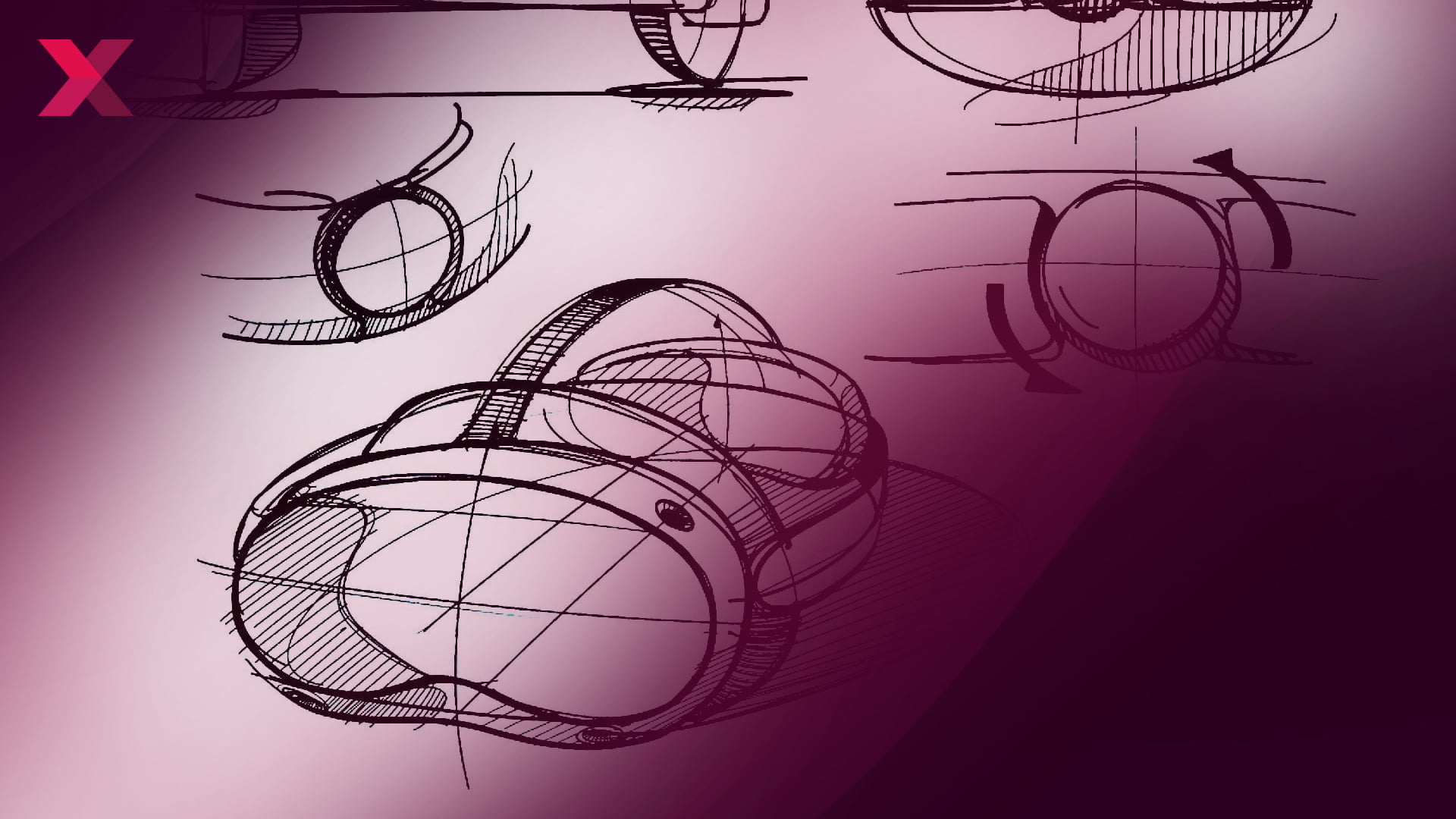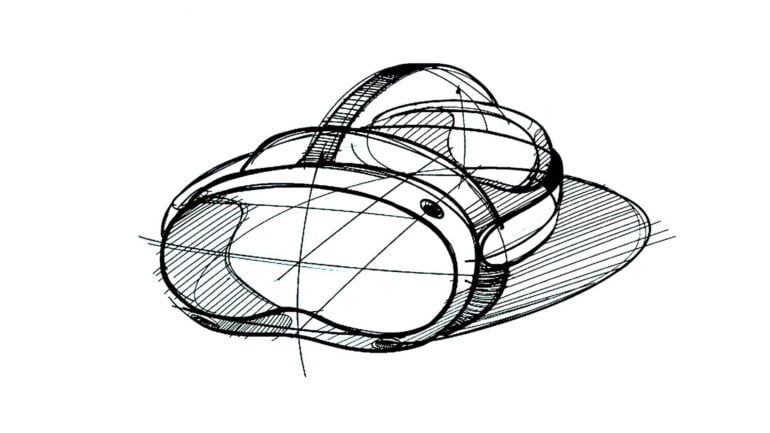Pico's new VR headset & 10 hurdles to the perfect VR headset

Our weekly recap: the launch of new VR headsets from Bytedance's VR company Pico is approaching. An open-source initiative launches a soon-to-be freely available AI model similar to DALL-E.
Pico Neo 4 Pro - specs, design, price
The leaks about Pico 4 came thick and fast this week: first, we got information on the pricing strategy, followed by the specifications and the possible design of the new VR headsets and controllers. Bytedance seems to have a keen interest in chasing Meta in VR as well, which is also working on a new headset for 2022.

Ten hurdles on the way to the perfect VR headset
There are many hurdles to clear before virtual reality reaches its technical potential. According to Meta's display chief, there are exactly ten - and he reveals exactly which ones at the Siggraph 2022 computer graphics conference.
Lenovo clones a Quest 2 clone
Lenovo, a veteran of the VR early days, is re-entering the VR market. However, the return turns out rather unspectacular: The standalone VR headset VR700, which is currently only announced for China, is almost identical in construction to Quest 2 and is again based on an earlier clone from the Chinese streaming provider iQiyi.
DALL-E in open source: Stable diffusion launches
OpenAI's DALL-E 2 is getting free competition: Stable Diffusion can generate high-quality images on text input, but is not subject to OpenAI's content restrictions and can run locally instead of in the cloud. Behind the project are an AI open-source movement and the start-up Stability AI.

AI for animal languages
Moo, woof, and meow could soon mean much more than … Moo, woof, and meow. A research team wants to use artificial intelligence to decode animal sounds into speech that humans can understand. The team draws confidence from recent advances in translation AIs, which show that three-dimensional representations of languages can be superimposed for translation. Will it work with animal sounds?
AI News Without the Hype – Curated by Humans
As a THE DECODER subscriber, you get ad-free reading, our weekly AI newsletter, the exclusive "AI Radar" Frontier Report 6× per year, access to comments, and our complete archive.
Subscribe nowAI news without the hype
Curated by humans.
- Over 20 percent launch discount.
- Read without distractions – no Google ads.
- Access to comments and community discussions.
- Weekly AI newsletter.
- 6 times a year: “AI Radar” – deep dives on key AI topics.
- Up to 25 % off on KI Pro online events.
- Access to our full ten-year archive.
- Get the latest AI news from The Decoder.